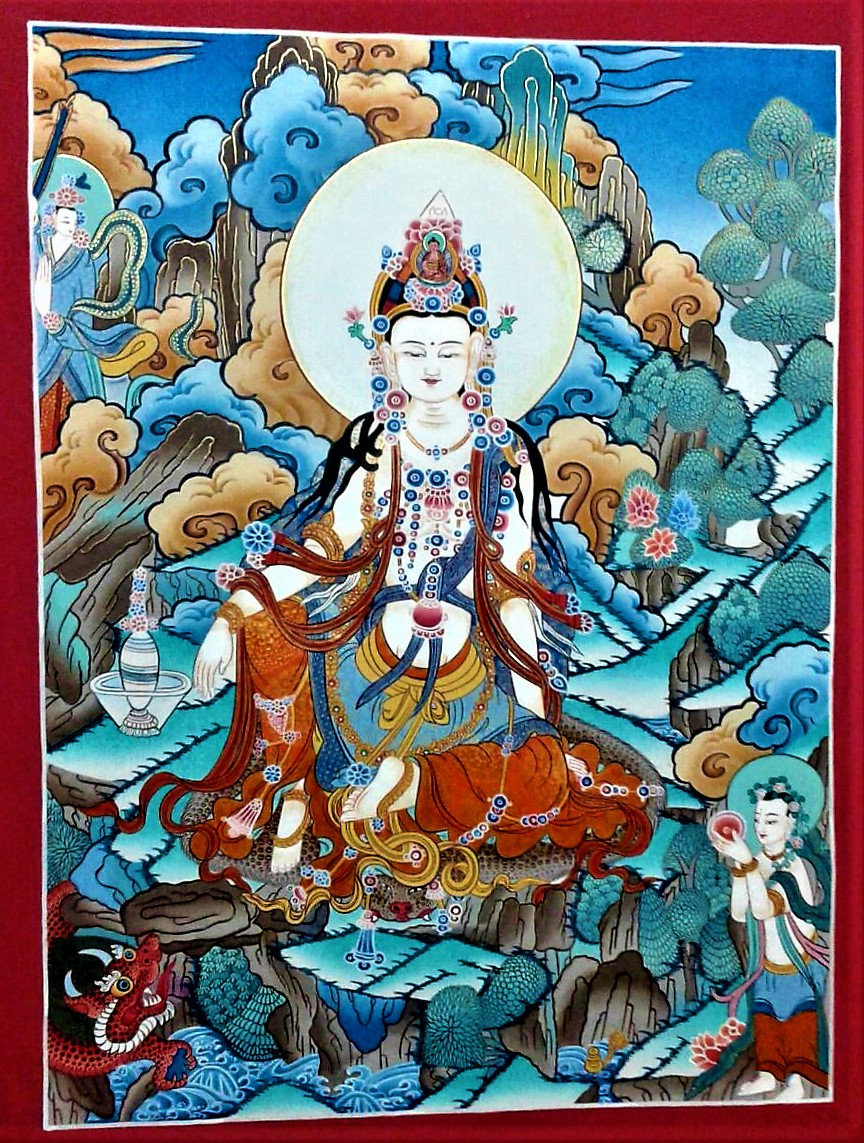
I wasn’t even sure who Ezra Klein was until a few months ago. Obviously he is a well-established journalist, but I dismissed him for years as just another glib gadfly with a Twitter obsession and an enormous following, someone whose faint echoes reached me here but whose opinions and conversations formed just more media noise hardly worth examining. My media bubble had become a micro-media-bubble. But this summer I found his podcast. I catch up on news and science when out on my daily stroll, and his conversations are on point for topic and well-tuned for the truly curious. Psychology, neurology, foreign affairs, pandemic. All very lucid and, I have to say, calm. The calmness is what won me. What, he lives in San Francisco? What? He also writes copy for the NYT? I am very, very late to this game, okay. His recent opinion piece about Afghanistan inspired me and got me musing about where my own awareness has intersected with Afghanistan at specific points in my life.
In the summer of 1979, I was five years old, a year younger than my daughter is now. I have a very clear memory of perhaps my first moment of awareness about the greater world, sat in front of the television and watching the tanks roll into Afghanistan. Who is doing this, I asked. I felt sick. The footage showed violent images. Russia, came the reply. This was the same year that the veiled, green-eyed Afghan girl appeared on the cover of National Geographic. The network news came in about the Iranian revolution, the American hostages at the US Embassy in Tehran, tie a yellow ribbon round the old oak tree. The second Christmas of the hostages, there were no Christmas cards, the network anchors intoned, as images flickered by: thin, bearded men; machine guns; the embassy. Although I had no context whatsoever for what I was seeing, I empathized with the tragedy of loss on all sides, and I understood that we’d done this to ourselves by somehow being somewhere we were not supposed to be. I asked my parents many questions. I am sure they tried to answer them as best they could.
Then Reagan was elected and my primary education continued and the US continued to send money and arms to the mujahedin. I wondered what a discothèque was because they seemed to be in Europe and get bombed a lot when US soldiers were inside them doing whatever people do in a discothèque. When I was twelve, the US bombed Tripoli and Michelle told everyone in vocal music that Nostradamus had predicted this centuries before in one of his mysterious riddles. To be a suburban white child in the eighties meant to live a safe life while hearing extraordinary news about people in other parts of the world who were not safe at all, and very often made so either directly or indirectly by the actions of my country. The instability in what we call the Middle East. The Achille Lauro. The Pan Am flight over Lockerbie. Sandinistas. Granada. My earlier sensitivity receded into adolescence as the news became nothing more than scrolling wallpaper for my own solipsistic dramas.
Foreign language learning opened a world for me, and as my curiosities were always prelude to actual adventures, I soon ventured well beyond the seeming calm of suburbia in search of backstory, context, and understanding. I made Moroccan friends and shared mint tea with them in Spain. I learned that Communists were not bad people, and that one man’s terrorist is another man’s freedom fighter. I started to work in immigration advocacy.
Then 1998. The embassies bombed in Africa. Bin Laden emerged as a name. Al-Quaeda means The Base. The WTO and the Battle in Seattle, with those people dressed up as sea turtles on Capitol Hill. A brief detour for me into the wealthy world of software. 2001, perhaps my most fraught year on record, punctuating my own losses and insecurities with 9/11. I woke up that Tuesday morning, my clock radio blaring the news about the towers tumbling. I thought it was a joke. It was not a joke. I sat in my basement and watched tv with my roommates. My sister-in-law called me on the landline and urged that I not leave the house, everything was very dangerous.
One Sunday morning that month I sat in a pew at St. Mark’s Cathedral in Seattle. Before the homily, the priest announced that we had declared war on Afghanistan. The bombs had begun to drop. My heart felt like it landed on the kneeler before me. Not long after, Colin Powell appeared before the UN to make the case for war in Iraq. Yellow cake uranium. WMD. Uganda. In his face I saw a leader co-opted. The apparatchiks clapped their hands. They were going to get their war. The war would pay for itself? Give me a break. I didn’t believe it for a minute. Pure spin. People were clueless. I read the superb historical analysis by Peter Hopkirk on Afghanistan (The Great Game). A federally-employed aunt in DC was full of praise for Rumsfeld. I liked only his quote about known unknowns. Well, spin forges ahead, regardless. MISSION ACCOMPLISHED. Remember that banner, and W in his military kit, jumping around on that naval destroyer? Good grief.
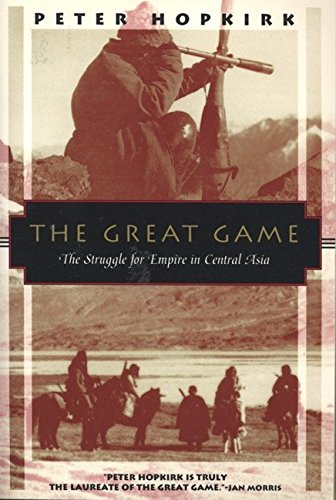
My dreams enlarged; perhaps I could help change things from the inside a sprawling and immensely funded institution. I had worked in Washington. I interviewed twice for the US Foreign Service, but was twice told in the most diplomatic of terms that they did not have the news for me that they thought I might hope to hear. I kept working in immigration, chipping away here and there as I could. I found myself in a position of responsibility as great as I had sought, but in a different context. Once I sat awkwardly in a conference room with a Kurdish delegation as my colleagues apologized on behalf of the US for the entire Iraq debacle. The wallpaper come to life.
There is little changing an institution from the inside. The Inside will change a person, change perspective, sap energy, much like a newly minted lawyer who plans to “go corporate” and remain there only as long as necessary to pay off the student loans prior to getting down to work as a constitutional lawyer, or a pro bono advocate of some noble and worthy cause. You learn plenty on the Inside, but you do not necessarily learn things that help you to act, or act well. You become tired of the inaction. People stop seeing things. You stop seeing things. I got out of the Inside. I felt I had changed nothing. In retrospect I was grateful the Foreign Service never scooped me. We moved abroad. New perspectives, new challenges.
Then Trump was elected. Shock. Art and lit will save us, I was convinced. It was my best strategy. Art and lit might have helped me in that time, but plenty of people suffered and died as our collective moral compass became as hazard as a housefly. I know that many people on the Inside felt they too were able to change nothing, and they left. Friends who were FSOs held out as long as they could and then packed up to take a sabbatical from Foggy Bottom.
Earlier this month as Afghanistan found its way once more into the headlines. No doubt many forgot we were “fighting a war,” and a very expensive one at that. I connected with an old FSO friend in Tanzania who served for years in Kabul with her FSO husband. It’s bad, she said, it’s really bad. She’s stayed on the inside, working for change, doing good. I love her for that. A few days later the 40-point headline blared, Kabul Falls to Taliban. Again. Here we are again. Rumsfeld was laid to rest. A teary Cheney mourned his friend. Congress squawked about the price tag of the infrastructure bill, protesting the cost, $3.5 trillion. The bill on Afghanistan came to more than half that over twenty years, $2 trillion.
This week marks five years that we have been living outside of the US, in the relative comfort and calm of Italy, EU founding member and G7 economy. The pandemic was tough at the start here, but in general, things are under control here. Even on sweltering days in Florence people weren’t complaining about wearing a mask. Afghanistan is making the news here in a wallpaper sort of way. It’s covered, but it’s not urgent.
All this to say, as I review my personal timeline with specific events and decision points of US foreign policy, and I see the US from here, I am struck the many ways in which my country might have seen to its own house first. Four More Wars, said the bumper stickers. I re-read 1984 after the 2016 election. I was struck by the satirical Ministry of Peace and the constant wars televised into citizen’s homes to keep them fearful of an unknown and distant yet treacherous enemy who threatens their very way of life.
I’m older now, a mom with kids, and I wonder how much the US would benefit – and benefit the greater world – by taking care of things at home first. Universal healthcare. Childcare. Parental leave. Retirement. Vacation that Americans actually take. Student loan debt cancellation. I find myself wondering how much healthier our foreign policy would be for everyone involved if we were taking care of our own people at home first, helping to reduce American inequity and inequality, anxiety and anger, that all get channeled back out into the world in the form of public policy and decisions. We spent $2 trillion over two decades in Afghanistan, and for what? Back to square one, as the UK and Russia knew well before we did. Plenty more blood to spill before August 31, and it will.
If you throw tons of money at a perceived problem, you can prop up your version of the solution for as long as the budget – and public goodwill – last. I really hope we learn our lessons from this, and change strategic tack. But I’m a realist about that. My heart aches for all of this, but especially for the Afghan people and for everyone who worked to help them.



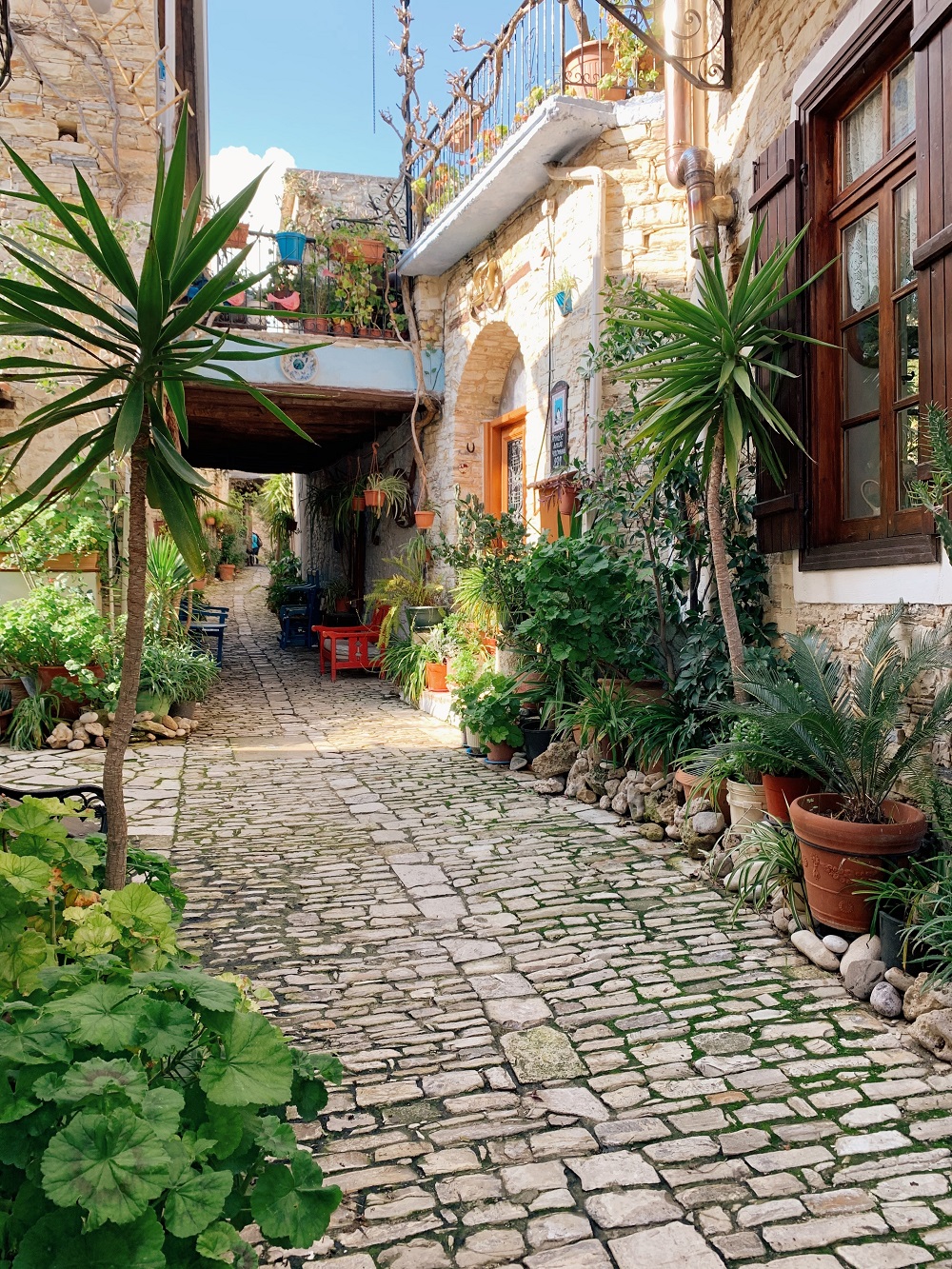
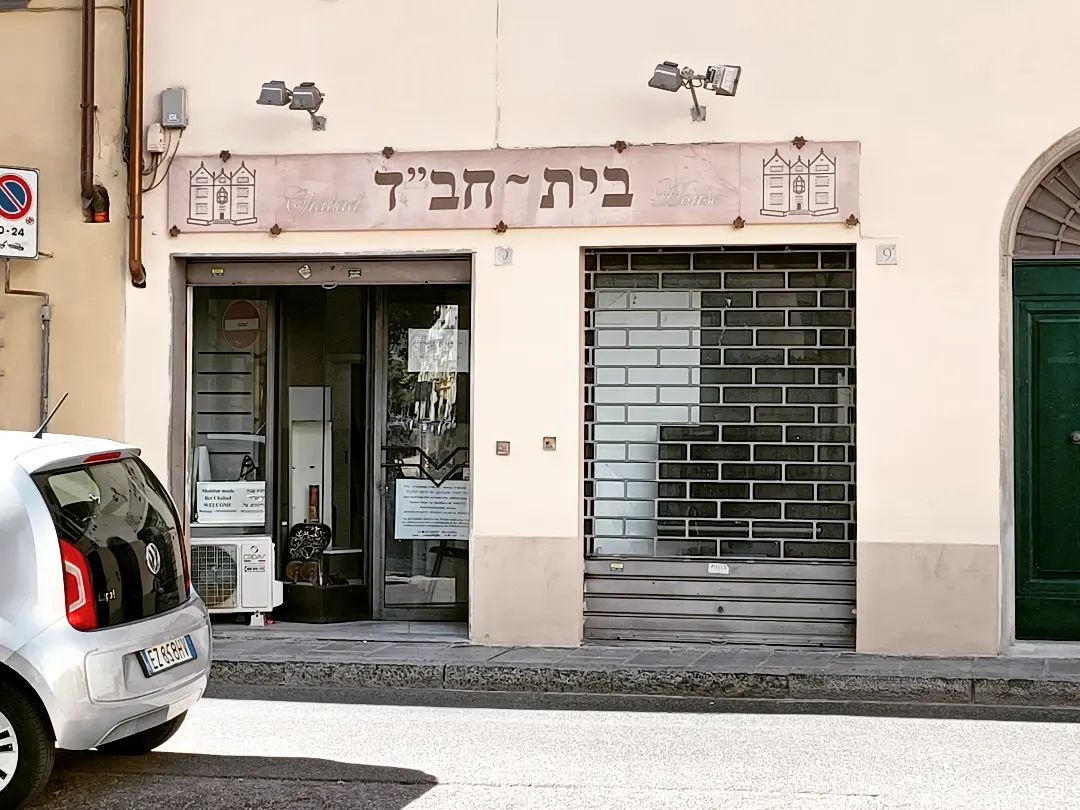
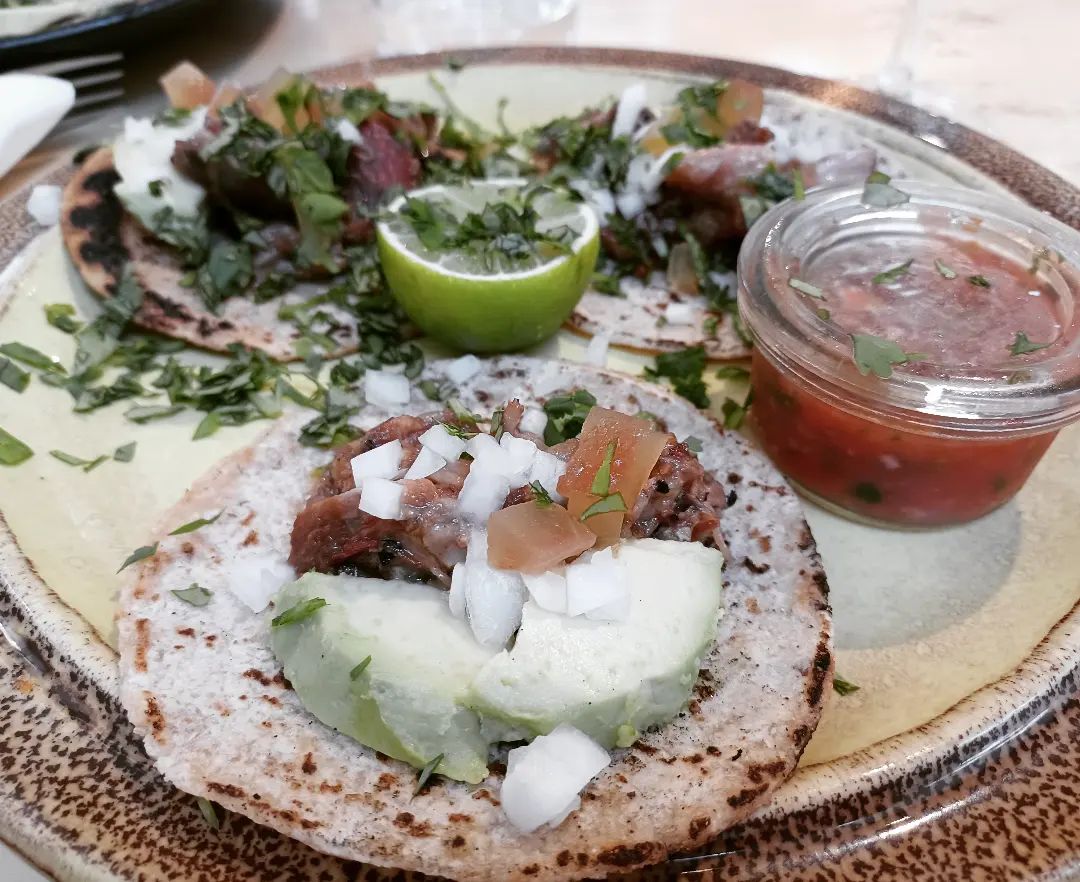
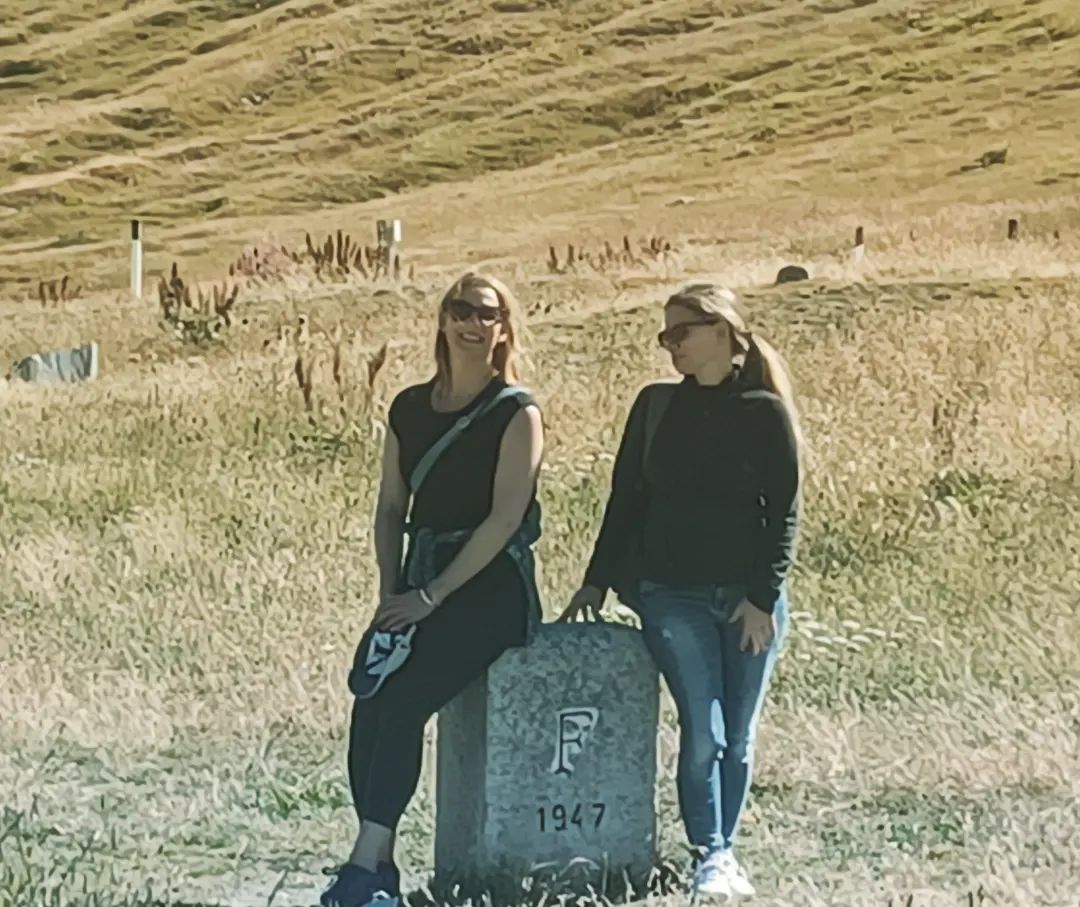
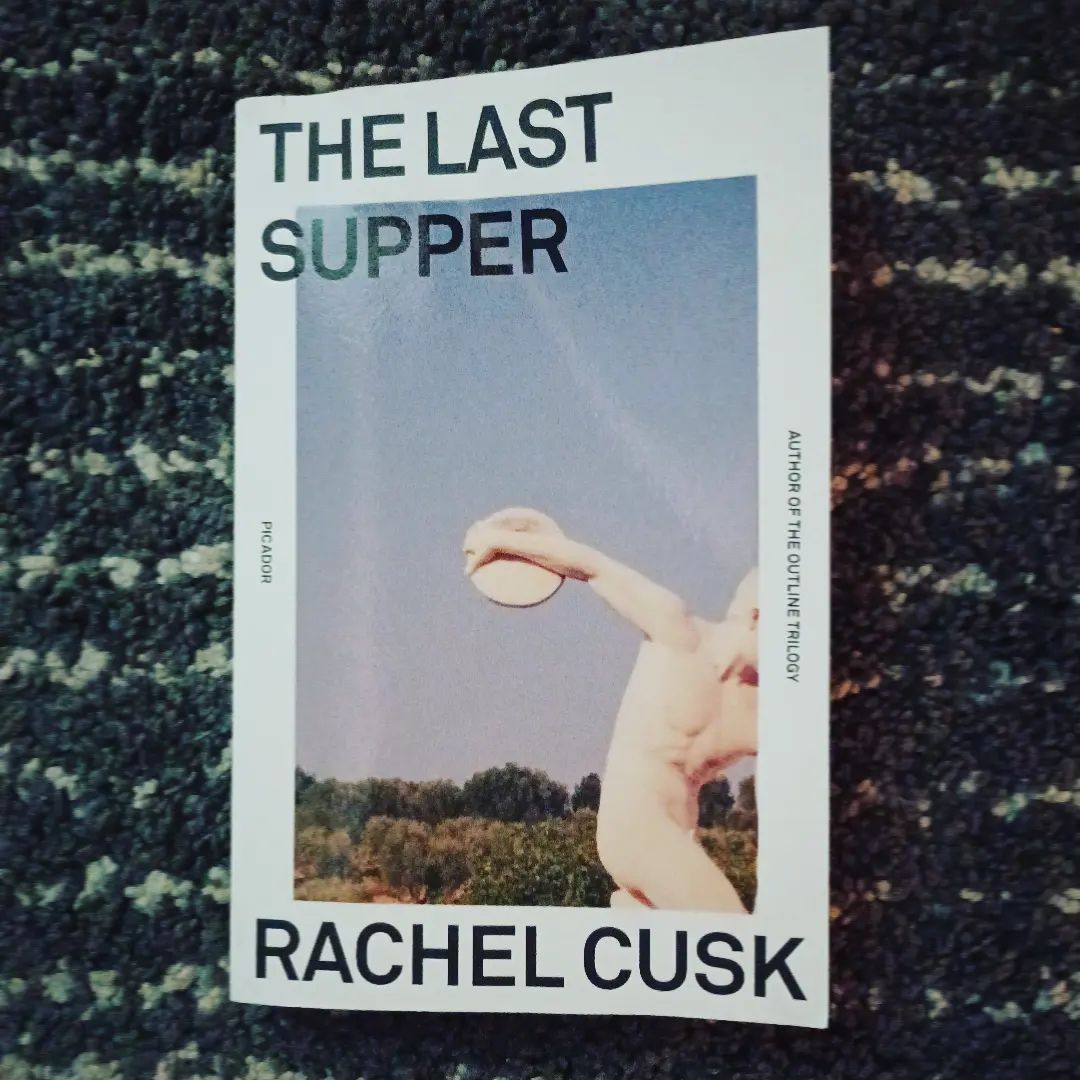
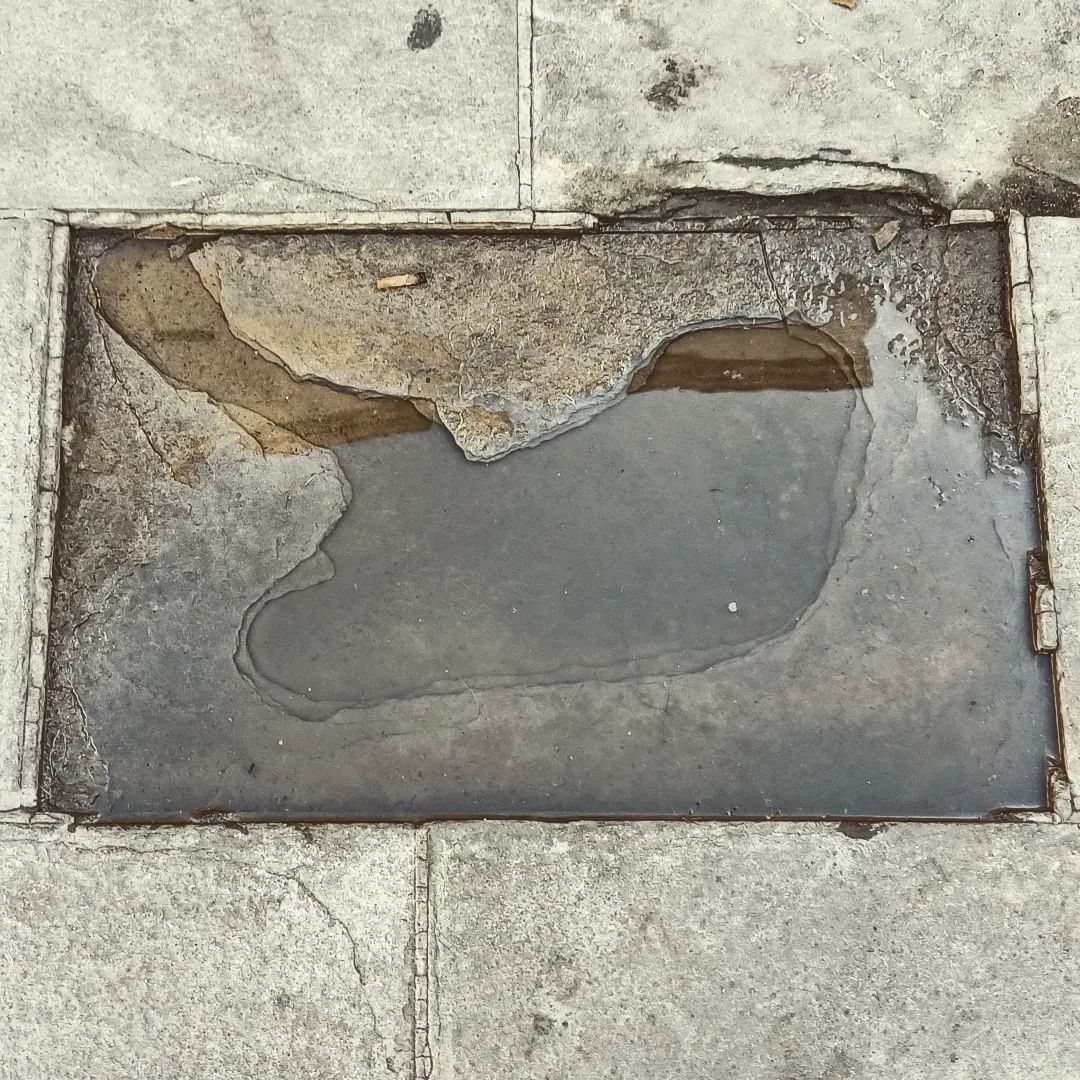
2 Responses
Very interesting and insightful.
The Afghan girl with the green eyes on the Ntl. Geographic magazine (and the article) made an impact on me and I’ve saved it. That was in 1985. I have always wondered what happened to such a beautiful young girl. A few years ago she was found and photographed as an adult. The years have not been easy for her as seen in the photo.
Brava Monica, bellissimo.